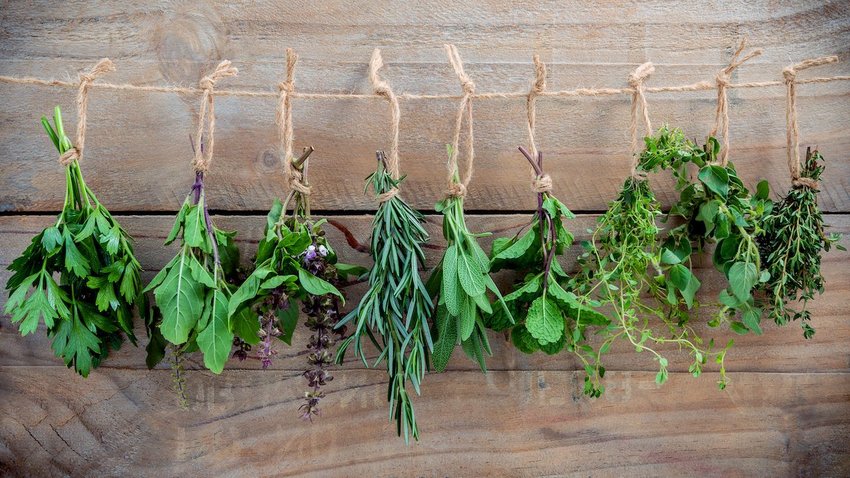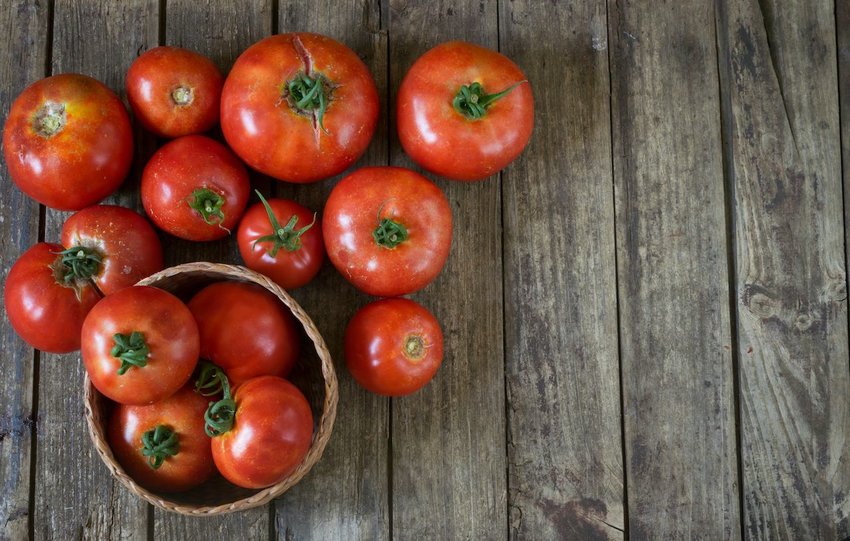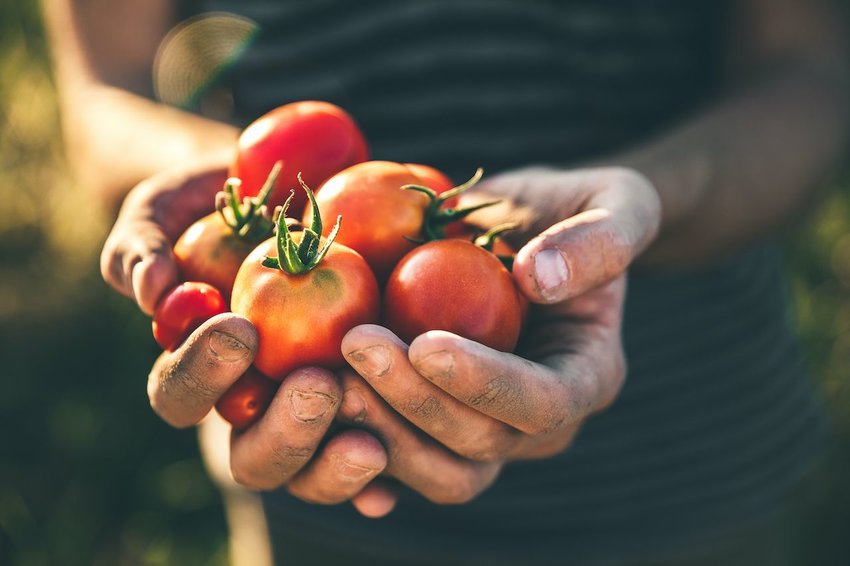Spring has sprung in the Northern Hemisphere, which means it’s a busy time for home gardeners. With so many people staying safe at home during quarantine, more novices are taking to the dirt to grow their own food. In and of itself, this is great news; gardening is a healthy, productive, and affordable hobby that brings flavors from around the world into your kitchen.
As an avid gardener, I’ve had many neighbors, friends, and family members reach out to receive advice on how to grow their own food during the quarantine. Although raised beds and garden plots are wonderful, not everyone has the time or space for such endeavors. For beginner growers, and especially for people with limited outdoor space, I’ve been recommending the EarthBox Gardening System.
What’s an EarthBox?
An EarthBox is a rectangular, plastic container that fits easily on a porch, patio, or small deck. I first purchased mine several years ago, when I was living in an apartment in Boston. Having relocated to the city from a small mountain town, I missed my garden and was trying to figure out how to grow lettuce and tomatoes in the concrete jungle. After some research online, I discovered the EarthBox.
EarthBox is a sub-irrigated planter. This means that there’s a reservoir of water at the bottom of the container which the roots dangle into after they become established. As a result, the EarthBox needn’t be watered as frequently as other planters, which drink up water on a daily basis. At the time, I was escaping the city every weekend, and I knew I wouldn't have to find anyone to care for my vegetables while I was away; the plants would have plenty to drink until I got back on Sunday night.
Bundles and Accessories
I decided to order an EarthBox Original Bundle, which included a few gardening accessories in addition to the EarthBox itself. When my shipment arrived, I was grateful that everything was easy to assemble. Since I had ordered potting mix and fertilizer with the shipment, I just needed to purchase seeds and vegetable transplants to get started.
I set up my EarthBox outside on my small balcony, where it fit neatly into a sun-filled corner. The casters on the bottom of the container made it easy to move around when necessary, even after I added the soil, which made it quite heavy.
The accessories that arrived with my EarthBox were also useful. I’ve always been a big fan of plastic mulch cover, which is a common farming tool used to warm soil, prevent weeds, and increase production. I was glad to see the EarthBox’s mulch cover slipped perfectly over my container — no muss, no fuss. My purchase also came with a staking system that was lightweight and simple to put together. By the late summer, when my tomatoes had grown tall, the trellis system ensured that the top-heavy plant was secure.
Growing Herbs from Around the World

Now that I’ve left the city and have a large garden plot in my backyard, I’ve started using my EarthBox for herbs. In the warmer months, when I’m cooking at home, I’m able to pop out to the patio and harvest fresh herbs for every meal.
Having your own herb garden is a simple luxury that can change the way you cook and eat. Regardless of whether you’re making homemade tacos or fresh pasta, herbs from around the globe will add zest and flavor to any type of dish.
Commonly used in Italian cuisine, fresh basil is essential for Caprese salads and pasta sauces, while the flavor of Italian parsley brightens any type of dish. French herbs like sorrel and tarragon are delicate yet zesty; the former whips up into a delicious spring pesto, while the latter is a must in any chicken salad recipe. (Here’s my favorite.) Originally a Mediterranean herb, thyme is now ubiquitous throughout the world and adds flavor and health benefits to both vegetables and meat. Plus, a thyme steam is fantastic for clearing out the lungs.
I also love to use my EarthBox to grow lesser-known herbs from around the world to add authentic flavor to my favorite international dishes. I’ve grown epazote, a vibrant, leafy herb frequently used in Mexican cuisine — try to find a Rick Bayless cookbook without it. I’ve also experimented with Siberian chives, a member of the onion family with a buttery taste that complements soups and salads quite nicely. One year I grew shiso, a common herb used in Asian cuisine, which is part of the mint family and grows much like basil.
Foolproof Gardening

Since I bought my EarthBox, I’ve used it every season to produce several varieties of plants. Throughout the years, it’s required little maintenance — the only upkeep has been filling up the water reservoir when needed, and adding fresh compost every spring. Plus, I’ve noticed the plastic is quite durable and dependable. I’ve kept my EarthBox outside throughout harsh New England winters and it’s still in great condition.
Best of all, I’ve used it to grow some of my favorite things. The technology is foolproof and the concept simple — I’ve never once had a failure crop with the EarthBox. If you’re looking to grow your own food this summer, it’s not a bad idea to start small with this type of container gardening. It’s straightforward, fun, and there’s no green thumb needed.
Photo: mongione/ShutterStock
